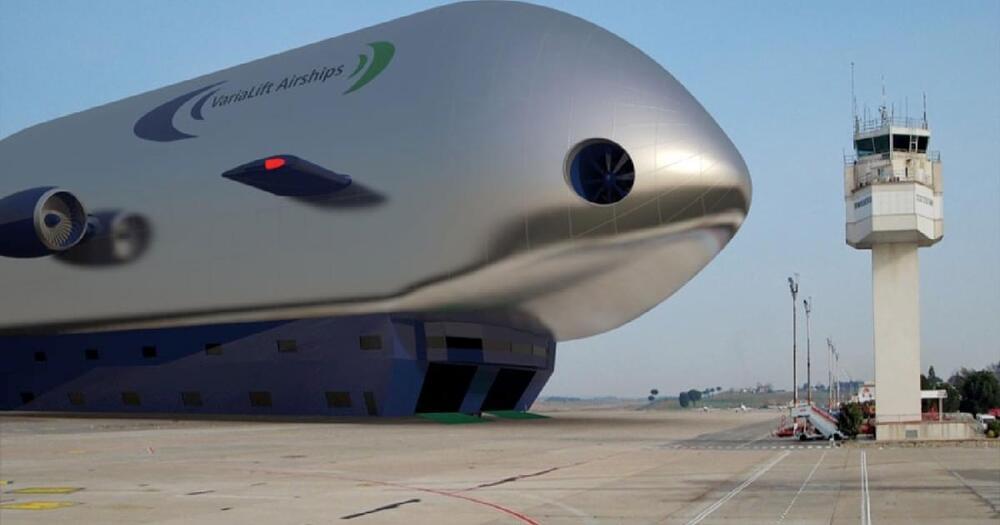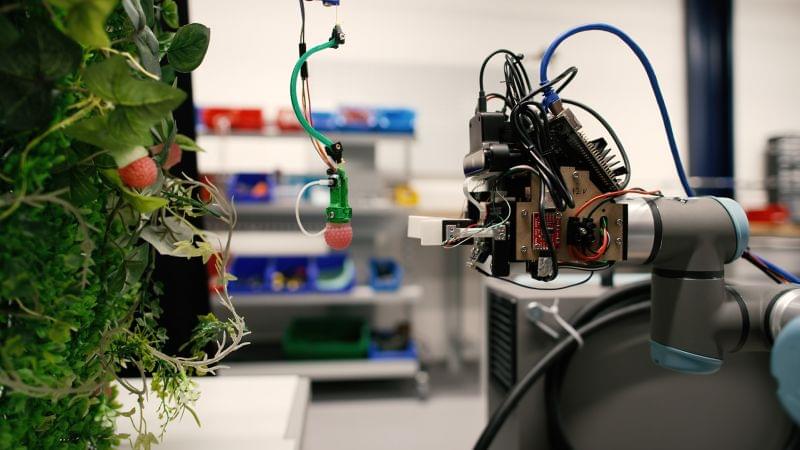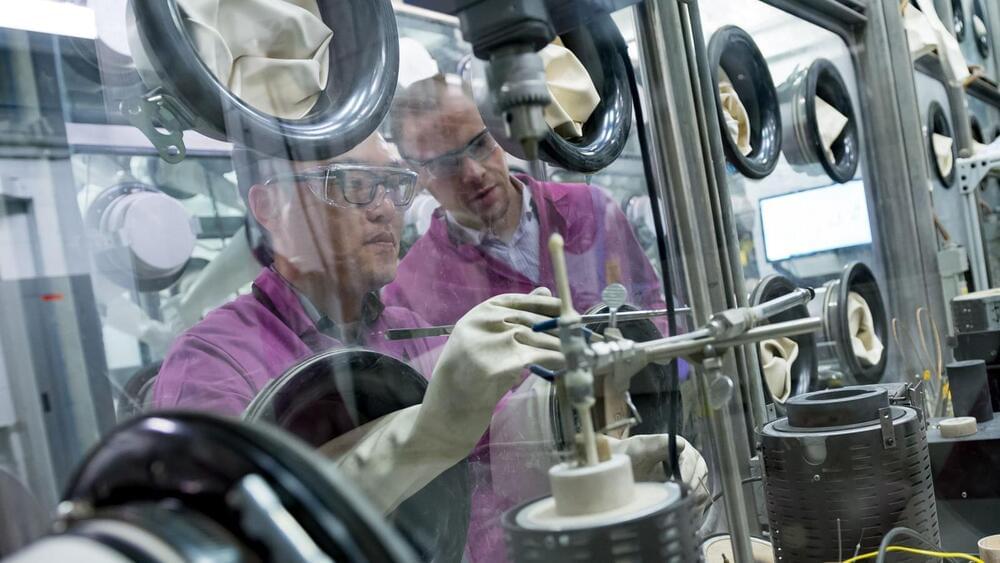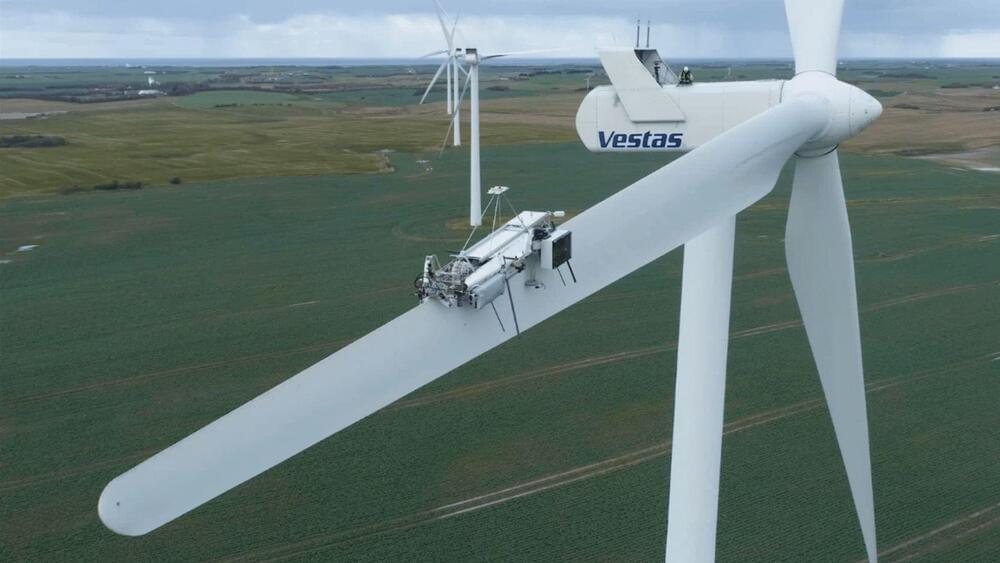Year 2019 face_with_colon_three
Zeppelins, the rigid airships most famously epitomized by the Hindenburg, now seem kind of retro, rather than the image of futurity they represented in the 1930s. But they could be about to make a comeback in a big way — courtesy of a new aluminum-shelled, solar-powered airship that’s being built by the U.K.-based company Varialift Airships.
According to the company’s CEO Alan Handley, the airship will be capable of making a transatlantic flight from the United Kingdom to the United States, consuming just 8% of the fuel of a regular airplane. It will be powered by a pair of solar-powered engines and two conventional jet engines.
While its lack of onboard battery would limit travel to daylight hours, and its speed will only be approximately half that of a Boeing 747, the Varialift airship does promise to be a useful cargo carrier. Its creators claim that it will be able to carry loads ranging from 50 to 250 tons. Larger models with payloads up to 3,000 tons aren’t out of the question either. Bulky cargo such as electricity pylons, wind turbine blades, and towers, or even prefabricated structures such as oil rigs could be carried underneath using cables. That means that cargo will have a weight limit, but no practical size limit.






